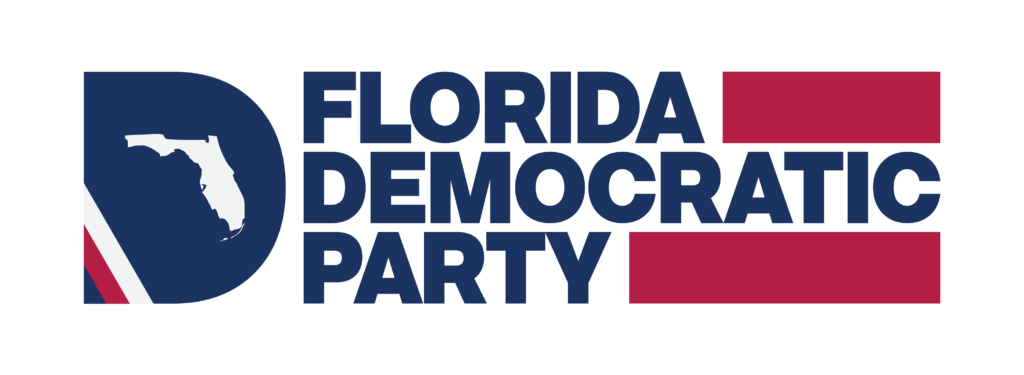In the News
American Rescue Plan Fact Sheet
Here’s what Florida Republicans voted against one year ago this week


In March of 2021, the United States was in rough shape. Schools were still closed, few people had been vaccinated, the economy was reeling, and more than 500,000 Americans were dead following one of the worst waves of the pandemic. Tens of millions more across the country were facing the prospects of unemployment, eviction from their homes, and the realization that they might not be able to afford to put food on the table for their family.
In response, the American Rescue Plan, which President Biden signed into law a year ago this week, fulfilled one of the most important promises of the President’s campaign – to enact a sweeping stimulus bill to rebuild the economy by providing direct financial relief to working families and those who had been hit hardest by the pandemic.
President Biden delivered on that promise despite every single Republican in Congress voting against the American Rescue Plan – including vehement opposition from the Florida Republican delegation, who were focused instead on their agenda of tax hikes and raised healthcare premiums. Here’s what Florida Republicans voted against:
- Stimulus Checks: Direct payments of $1,400 for more than 11.5 million Floridians
- Jobs: 263,800 new, good-paying jobs in Florida
- Wage Growth: Average hourly earnings growth of $0.71 for Floridians
- Shots in Arms: More than $150 billion in funding for vaccine distribution, COVID testing, PPE, and other measures to fight the virus. As a result, more than 74% of Floridians have been vaccinated in the past year.
- Child Tax Credit: 3.8 million Florida children benefiting from thousands of dollars in tax cuts for their families
- Lower Healthcare Costs: An average monthly reduction of $611 in Affordable Care Act health care premiums for a family of four
- Paid Leave: Emergency paid leave for more than 100 million Americans
- Relief for Small Businesses: Tens of billions of dollars in financial assistance for restaurants, bars, nonprofits, community organizations, music and performance venues, self-employed workers, and other small businesses to keep workers on payroll.
- State and Local Government Relief: $350 billion to help state and local governments reduce deficits and budget shortfalls.
- School Re-openings: $170 billion to help schools, from kindergarten through college, safely reopen and counteract pandemic-related learning loss.
- Housing Assistance: Almost $50 billion to help people pay their rent and utilities, reduce evictions, avoid mortgage payment defaults, and find housing for at-risk communities.
- Higher Education Funding: $2.4 billion for Florida’s colleges and universities, including $163 million for Florida community colleges and $156 million for Florida HBCUs
- Public Transportation: More than $50 billion for public transit, airlines, airports, and Amtrak, keeping essential frontline workers on payroll and laying the foundation for record transportation investments in the Bipartisan Infrastructure Law.
- Farmer Assistance: $4 billion toward debt forgiveness for struggling farmers and food producers, along with billions more for food distribution to disadvantaged communities and at-risk groups.
###


